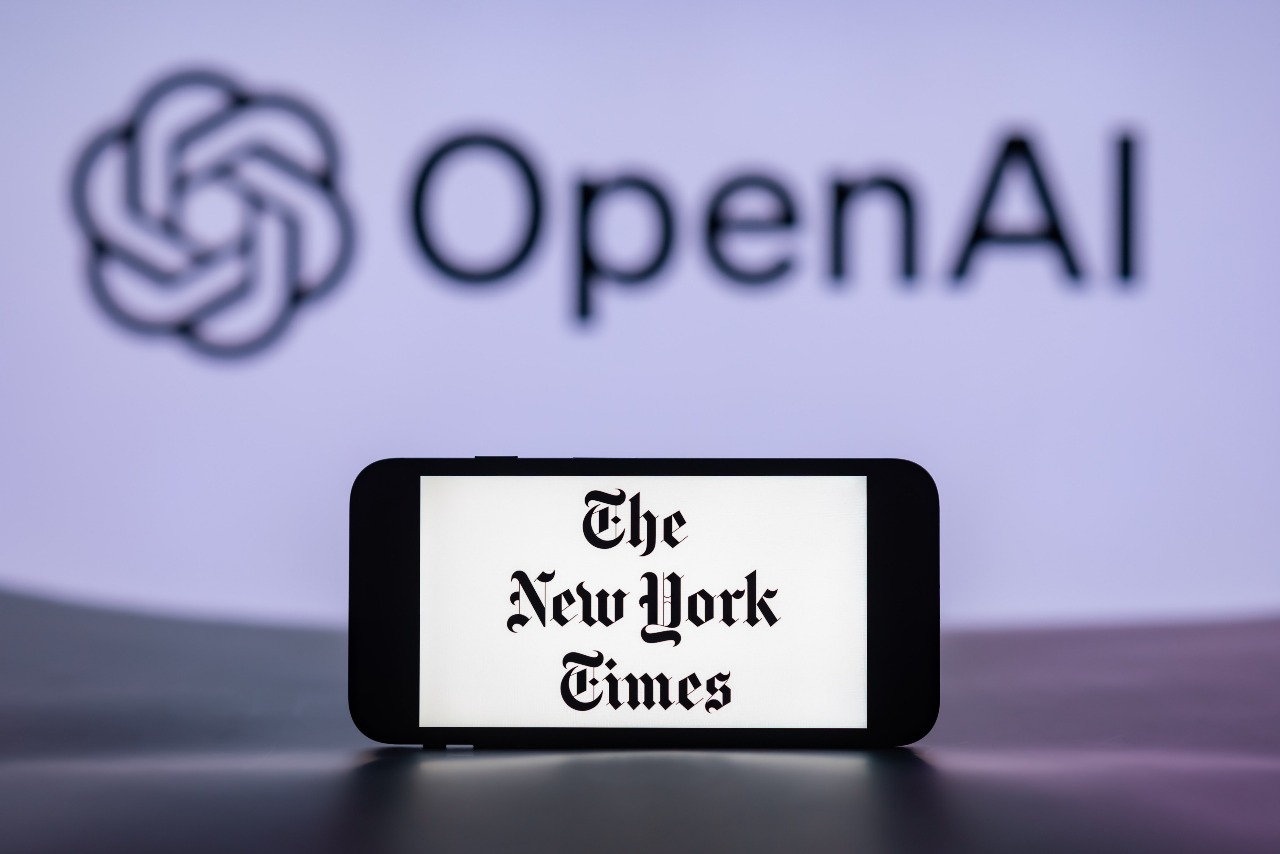A federal judge in the United States has rejected OpenAI's attempt to dismiss a copyright lawsuit filed by The New York Times. The lawsuit alleges that OpenAI used The Times' content without authorization or compensation to train its AI chatbot, ChatGPT. This decision allows the core copyright infringement claims to proceed, although some other claims were dismissed.
Judge Sidney Stein of the Southern District of New York narrowed the scope of the case but allowed it to move forward, potentially to a jury trial. The ruling is seen as a significant victory for The New York Times, which has joined forces with other publishers, including The New York Daily News and the Center for Investigative Reporting, to challenge OpenAI's data collection practices.
OpenAI argues that its use of publicly available data, including articles from The Times, falls under the legal doctrine of "fair use," which permits the reuse of copyrighted material for certain purposes like research or commentary. However, The Times contends that OpenAI's actions do not meet the criteria for fair use, as they do not add anything transformative to the original content and may substitute for reading the newspaper directly.
The case has significant implications for both the media industry and AI technology. Publishers fear that AI chatbots could reduce readership and advertising revenue by summarizing news articles, while AI companies rely on vast amounts of data to develop their models.
Sources: NPR, Bloomberg Law, Economic Times, Deadline, Hollywood Reporter, CBS News, Yahoo Finance, Seeking Alpha.
